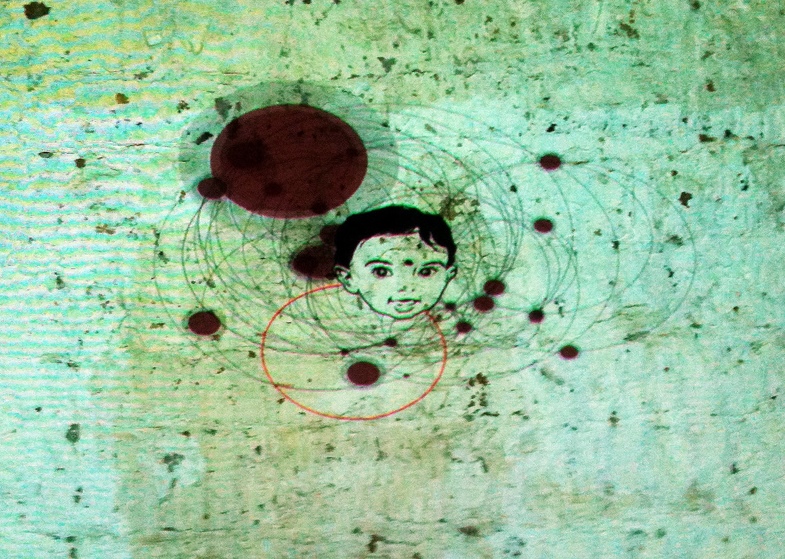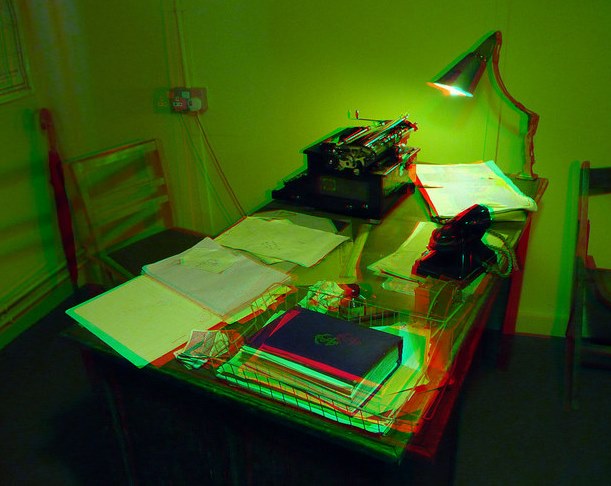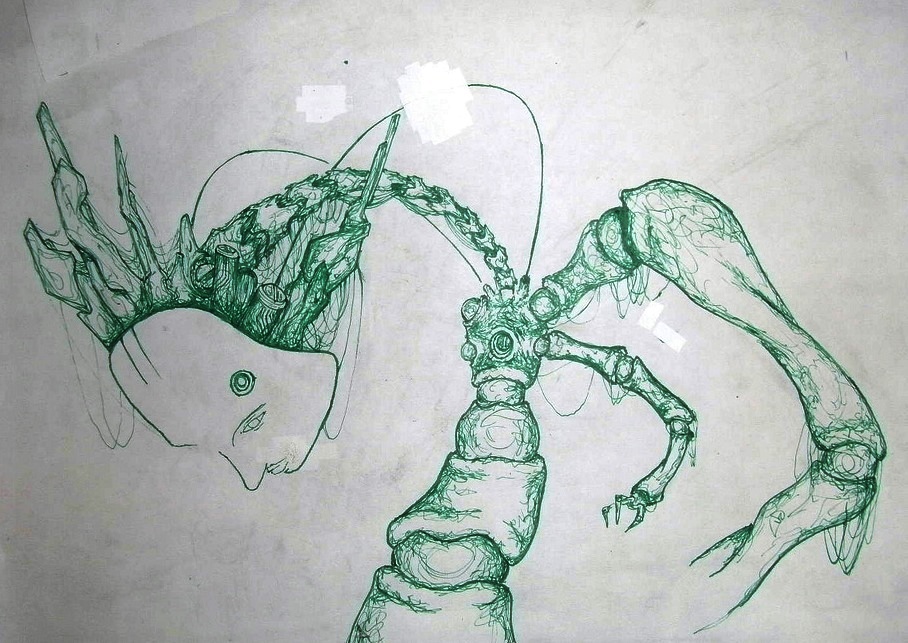Okay, I’m back — Exolymph’s brief hiatus is over. Thank you for being patient. A personal crisis came up and I needed to freak out and grieve for a couple of days. Things are mostly okay again now. Sorry for being so vague! I wish I could talk about what happened but 1) it involves someone else’s privacy and 2) I want to remain employable. (Probably just saying that I want to remain employable makes me less employable. Oh well.)
The big story right now is that Apple is resisting the FBI. In summary, the FBI wants Apple to build custom software to help them brute-force an iPhone password. If you want to read about that, I suggest Ben Thompson’s explanation of both the technical and moral details.
On a less newsy note, I just read an article from 2014 about a schizophrenic programmer who wrote a computer operating system at God’s behest. Terry Davis thinks that God told him to build this OS, and specified most of its parameters and capabilities. He perceives TempleOS (the project’s name) as a labor of mutual divine love.
Davis is surprisingly aware of how he comes across to other people:
“Davis describes how [contact with God] happened in a fragmentary, elliptical way, perhaps because it was such a profoundly subjective experience, or maybe because it still embarrasses him. ‘It’s not very flattering,’ he says. ‘It looks a lot like mental illness, as opposed to some glorious revelation from God.’ It was a period of tribulation, but to this day he declares, ‘I was being led along the path by God. It just doesn’t look very glorious.’”
Davis even acknowledges that he has mental health issues, or at least that he experienced them at one point. Describing a breakdown:
“He got thinking about conspiracy theories and the men he’d seen following him and a big idea he’d had. He spooked himself. ‘It would sound polite if you said I scared myself thinking about quantum computers,’ he says now. ‘And then I guess you just throw in your ordinary mental illness.’”
I’m a reluctant atheist. I love mythology and I want to believe in a benevolent overarching power, but I’ve yet to see any evidence supporting that idea. However, I find it delightful to investigate the intersections between magic, mysticism, and computers. Mental illness is another issue close to my heart — in fact, it’s as close as my head, where my own crazy brain is located. If only TempleOS worked on wetware…










